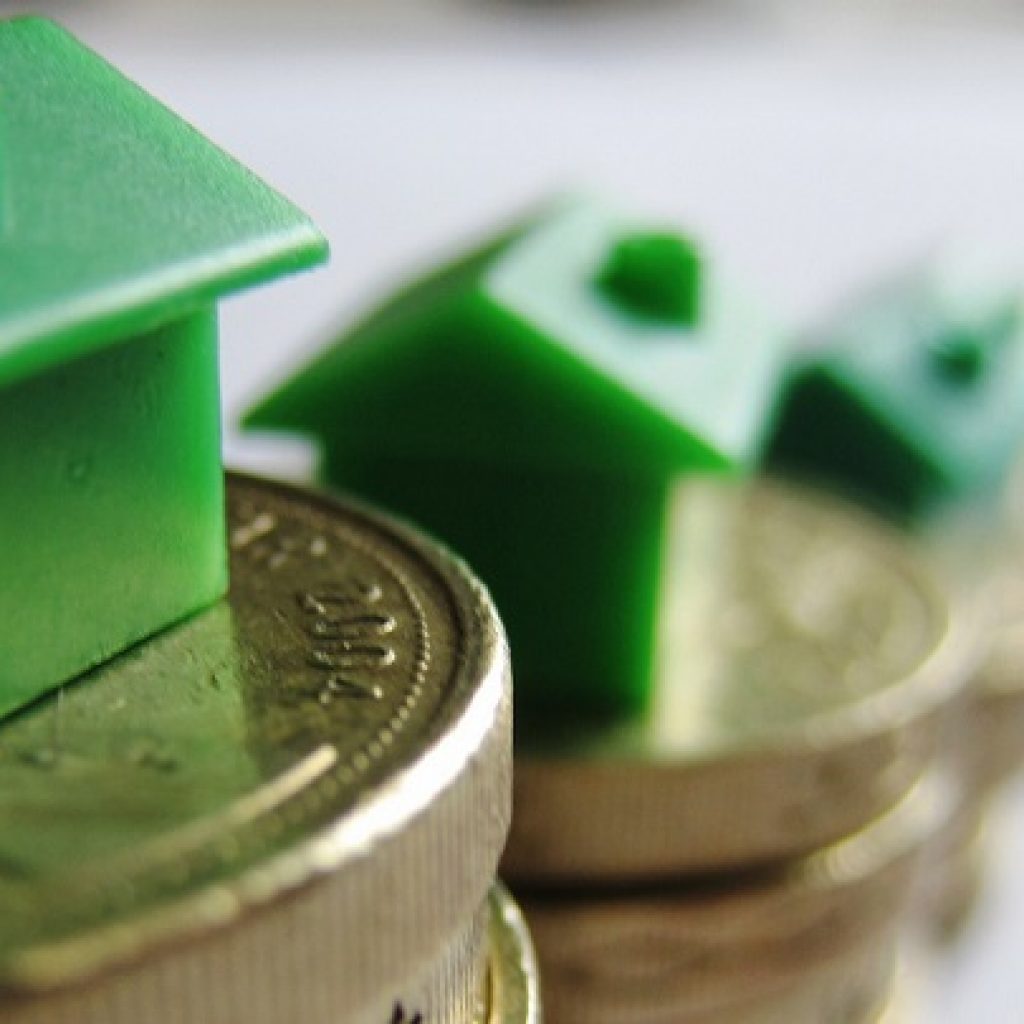According to recent research, growth in house prices has jumped to the highest point since March 2016, due to a lack of housing supply following the EU referendum vote.
The data from the Halifax house price index indicated that on a monthly basis, prices grew by 1.7% in December, an increase on the 0.6% growth in December. Last month, the three month average for year-on-year house price growth grew by 0.5% from November, to 6.5%.
Commenting on the market surge was Samuel Tombs. The economist at Pantheon Macroeconomics highlighted the volatility of the Halifax measure and the fact that the leap had been higher than the predicted level of 0.3% for monthly growth.
“The surge in house prices in December should not be read as a sign that the housing market is fizzing.”
He went on to highlight that despite the superficial drive in the market, the trend “remains significantly weaker than before the referendum”.
Mr Tombs further stated that due to low mortgage rates and stretched loan-to-income ratios, this year the prices of homes are likely to follow an increase in household incomes more closely.
According to Howard Archer, the markets firmness has grown since the reduced levels in August. The economist at IHS Global highlighted the strength of the economy following the vote to exit the EU alongside the interest rate cuts.
Mr Archer went on to mention the likelihood of softening house prices in 2017. We believe the fundamentals for house buyers will progressively deteriorate during 2017 with consumers’ purchasing power weakening markedly and the labour market likely softening.”
He also predicted that house prices would not grow beyond 2% in 2017, whilst Mr Tombs stated that they would grow by 3%.
Due to growing inflation and wages facing pressure, housing economist for the Halifax, Martin Ellis, stated that the demand for housing in 2017 would be reduced.
With a less positive view of the market, Agent JLL forecasts a national rise in house prices of 0.5%, with a 1% increase within London.
It also believes that due to overstretched owner-occupier affordability and reduced overseas investment demand, there will be a sharp decline in London’s house-building ‘starts’.
Compared to almost 24,000 homes built in London during 2015, JLL predicts that this year will only see 16,000 ‘starts’ or construction work beginning on new homes.
The Halifax index showed that the highest year-on-year growth was in Luton, with a rise of 19.4%. East London’s Barking and Dagenham followed, where house prices grew in 18.6% in 2016.




















